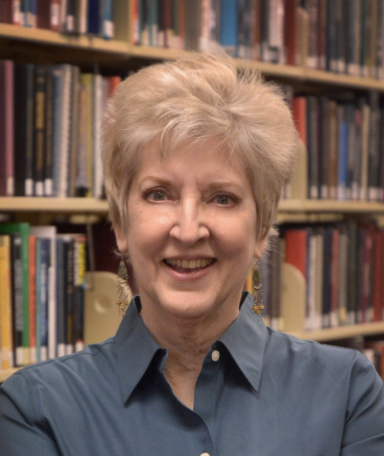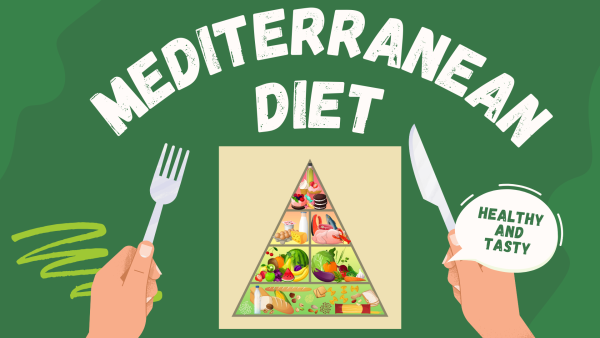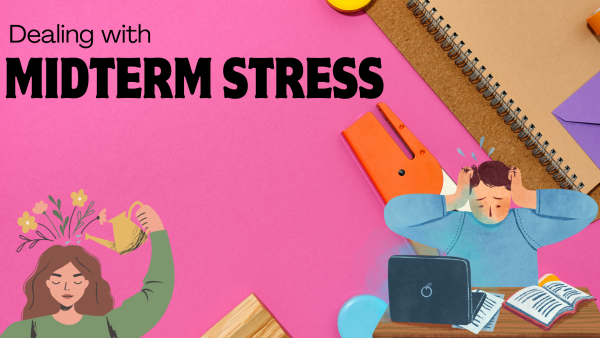Meditation helps reduce stress and improve thinking
Meditation cleanses negativity and improves the process of thinking. It has been used by people to reduce their stress and concentrate on their thoughts.
Meditation is a type of mind and body complementary medicine. It has been practiced for thousands of years with its original purpose being to aid in the understanding of life’s sacred and mystical forces. Nowadays, meditation is widely used for stress reduction and relaxation. Which can help one to go through a deep state of relaxation and a tranquil mind.
During meditation, practitioners reflect on their own thoughts and attempt to find answers to their questions while seeking peace and truth, resulting in improved physical and mental well-being.
“Meditation for me is something hard to practice,” said Chris Jones, associate professor of religious studies.
“I have a hard time with meditation, so I don’t practice it. But I think it’s really interesting what it does for other people. Both from the medical and religious perspectives, like a lot of therapists, use meditation as a form of therapy and within many religions, not just Eastern religions, forms of meditation are a really important part of their practices,” said Jones.
According to Jones, “meditation is used to connect with or understand God. Primarily in Buddhism and in Hinduism, it is a way to connect deeply with the self and to recognize, ultimately, the elusive passing nature of the self.”
Jones believes that practicing meditation depends on a person’s goal and experience. And you can always start up with five to ten minutes of guided meditation. It is just closing your eyes and trying not to let your mind wander, or guiding it back when it does, then it definitely makes a difference afterward.
Jones notes that beginners can start with just five to ten minutes of guided meditation and that apps and mindfulness groups, such as the non-religious and non-judgmental Unitarian Universalist Church on 21st St. can be helpful resources.
Quinn Leffingwell, a senior majoring in psychology and religious studies, is writing a thesis on meditation.
“Mostly these days people practice meditation to reduce their stress,” said Leffingwell. “And here in the USA, 17% of the population do meditation in their daily life and that has helped them to be in a positive state of mind.”
Overall, meditation is a technique of employing and deeply connecting with both the mind and body. It can improve the physical and emotional state of mind, as well as the way of thinking and reducing stress.
This can be of great assistance to students in improving their focus, sleep and creativity, particularly when dealing with stress. Even a relatively short time of meditation practice can result in a positive change in daily life activities.
Edited by Rakesh Swarnakar and Glorianna Noland
Your donation will support the student journalists of Washburn University. Your contribution will allow us to purchase equipment and cover our annual website hosting costs.













